
May 24th, 2022
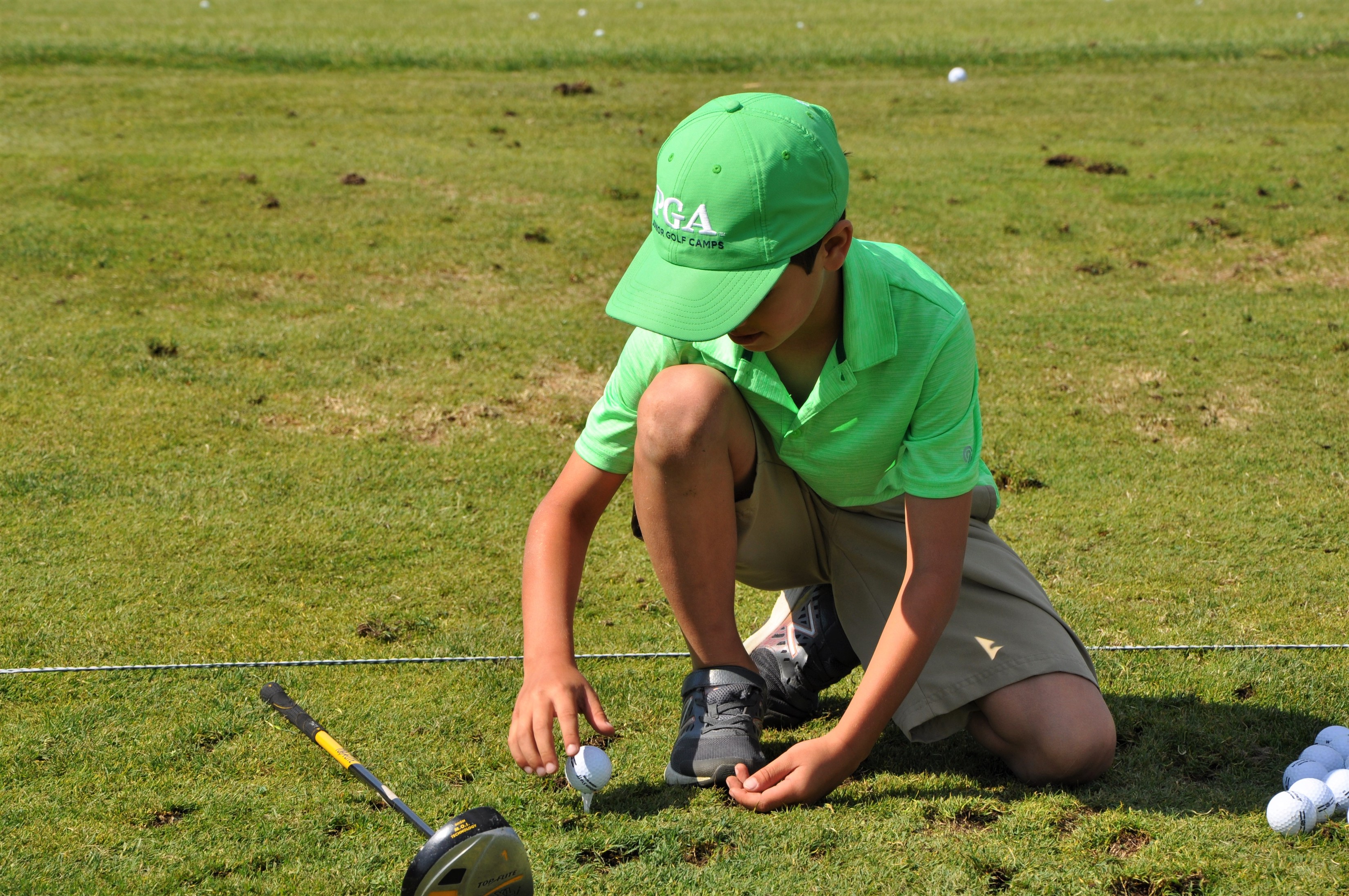
Coaches are frequently asked why children should play golf. The answer is simple to those who teach every day and see the impact the sport makes on today’s youth. Golf is a sport for all; young, old, male, female, competitive, recreational, those with adaptive needs and those who simply want to enjoy the outdoors with their peers. It is a sport we can play for a lifetime and one in which we can learn many life lessons from. It teaches social skills, athletic movements, and character traits that may not be as prevalent in other sports. Children are exposed to playing with others whom they may not know, forcing them to properly introduce themselves, deal with conflict, be honest, play with those of different abilities and so much more. Golf is extremely relatable to daily life, which is why it is so important for our youth to have the opportunity to experience it in some way, shape or form. It is a sport in which families can participate together, regardless of ability. It truly is a one of a kind when it comes to life skills and being a game of a lifetime. If your child has not yet been exposed to the sport, summer camps are a great way to make the introduction! Please CLICK HERE to find a location near you!
May 24th, 2022
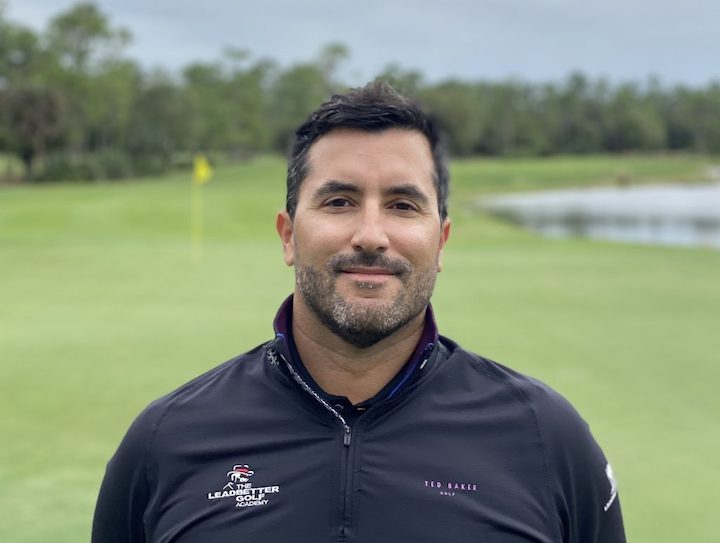
Santiago Mari was born in Mayaguez, Puerto Rico, turned pro at the age of 19 and became a Class A Member of the PGA of America in 2004. He has spent the last 18 years acquiring an unmatched experience in all aspects of the golf game. Santiago attended both the University of Puerto Rico (R.U.M.) and the University of Central Florida where he completed a degree in Mechanical Engineering with a Minor in Materials of Engineering, along with a Master’s Degree in Biomedical Engineering from the University of Applied Sciences in Lübeck Germany. Santiago has been fortunate to work with the world's best players as an Assistant Golf Professional at Lake Nona Golf and CC, where he started to work with top professional golfers from all major golf tours worldwide on their golf equipment. His experience and expertise kept growing through the years and ended up joining the David Leadbetter Golf Academy in 2003 as Director of Club fitting and Golf Equipment. He has had the opportunity to learn from the best instructors in golf as well as the best players in the world. PGA Junior Golf Camps is very excited to welcome Santiago and the Leadbetter team on as partners! The Leadbetter Academy offers PGA Junior Golf Camp programming at two of their locations, Estero and Miami. Please click on the links above for more information!
April 20th, 2022
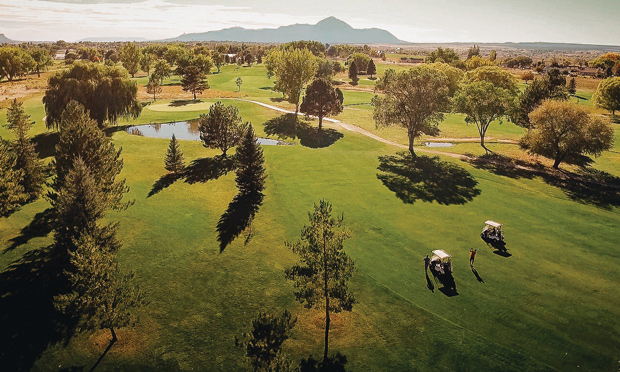
PGA Junior Golf Camps is proud to announce our recent partnership with Scott Robbins Golf. Scott and his team are primarily based at Stewart Peninsula Golf Course in The Colony, TX, however are hosting a one of kind Competitive Junior Golf Camp in Cortez, CO. This camp is meant for those junior golfers who are currently playing competitively (typically in 18 to 54-hole tournament events, taking private lessons and/or consistently shooting less than 90lf. The program component of this rare opportunity includes, 28 hours of expert coaching on the practice facility at Conquistador Golf Course, followed up by a two-day, 36-hole tournament. During the training sessions, much of the focus will be on helping participants with their mindsets on the golf course, as well as understanding how to practice properly, prepare for tournaments, as well as further understand the mechanics of their swing. Players will also receive video analysis of their swing (both full swing and pitching/chipping), along with a detailed evaluation of their motion. Scott and staff truly believe in helping all players be as comfortable and confident as possible while on the course and would love for your competitive golfer to join them! For more information please CLICK HERE.
April 19th, 2022
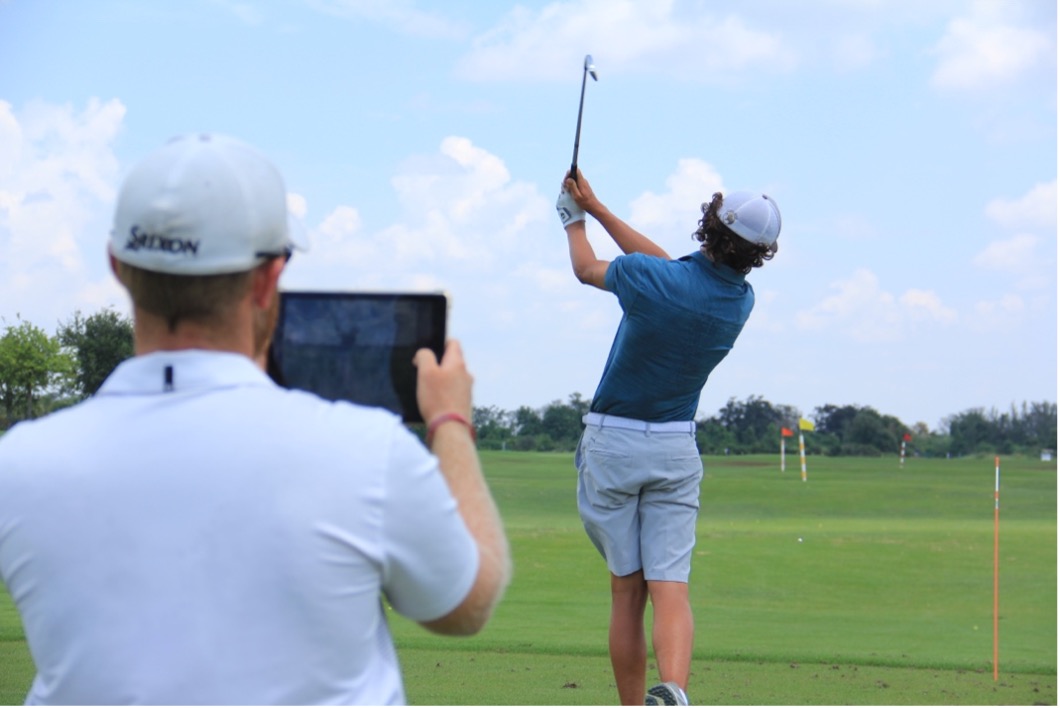
Parents often ask, “When is my child ready for an advanced/specialty camp?” Although the answer differs from camper to camper, understanding how to assess your child’s readiness for a higher level of instruction in golf will help ensure success in their journey. Parents might ask themselves:
My child is playing on the high school golf team and scoring in the 90’s. She is very passionate about improving, performing better and wants to move up in her team ranking. She currently has a private coach and takes lessons weekly. Outside of the golf season, she plays 18 holes regularly.
This young golfer is a perfect candidate for an advanced or specialty camp. These programs focus on specific aspects of the game (i.e., long irons, wedge play, putting and course management) and will help her achieve her goal of lowering her scores.
My child is a standout on his high school golf team and competes in local junior golf tournaments, often placing well. He has an established golf coach who works on specific aspects of his game, sometimes using technology or training aids. He designs his strength workouts with golf in mind. My child regularly scores in the high 80’s or low 90’s on 18 holes.
This young golfer would not only benefit from advanced and specialty camps but might also consider a competitive edge day camp.
If we consider the stages of youth development, both athletically and cognitively, we as the adults need to remember the advanced/specialty programs should not be taken until a child is ready, both physically and mentally.
How do we determine if a young player is ready from a physical and mental standpoint?
Just because your child “loves” golf, has made the high school team and may go on the course with mom or dad to either hit balls or play 9 holes, does not necessarily mean your child is ready for advanced golf programs. The purpose of a half day or even full day, weeklong camp is to teach basic golf skills, which is a crucial first step and should not be skipped. It is our goal to set our youth golfers up for success. We want them to love the game and understand it takes time. If you child is enjoying the game, finding success in learning basic skills and exhibiting a desire to play or even train regularly, you are on your way! It is so very important to remember rushing the process is not the answer; take it step by step and enjoy the journey. For more information on basic program progression, please take a look at the PGA Junior Golf Camps Programs on our website or talk to your local PGA Professional. For a full list of Advanced Camps please CLICK HERE.
April 22nd, 2021
I have had the privilege of teaching hundreds of young golfers over the course of my career. Part of that process has been observing the various interactions between my students and their parents. As a parent myself, I know how difficult it is to know what to do to be a support for your child’s success. Over the years I have found that the best ways to support your young golfer are to provide access to the resources they need and to foster self-discovery.
To become a good golfer at any age, one must practice and play on a consistent basis, and as a parent, you are going to play a critical role in getting them to that practice/play. The next time you see your favorite PGA Tour player on T.V. remember that behind their success was an adult who worked hard to make sure they had access to a golf course or practice facility at a young age. This same adult had the patience to accompany them to the course or provided them with transportation to practice. Your young golfer will not be as successful as they could be if they cannot get out and experience the game with some regularity. Providing an opportunity to play is one of the most important roles you will fill in your child’s golf career.
The latest research shows that specialization in sports does not normally occur until sometime around high school for most athletes. Even then, they may want to have an off-season sport to avoid burn out and overuse injuries. Parents should be sure to give their child their choice of sport or activity. If they are pushed in a certain direction by what their parents prefer, they are more likely to burn out on the activity. I suggest that parents reward effort more than success at an early age, as this will encourage your golfer to grow both inside and outside of the sports arena. Fostering a good work ethic and positive attitude will help your child succeed in all phases of life.
Emotionally supportive parents are a vital component to the development of a young athlete. Every parent should learn to say one phrase immediately after every sporting event their child plays, “I loved watching you play today.” This simple phrase can be powerful on a psychological level. Instead of immediate feedback or critique, let your kid know that you had a fun experience watching them play. Parents should avoid offering critical feedback during the car ride home. Your young golfer already has heightened emotions, whether they played well or poorly. In fact, as a parent do your best to allow your child to unwind and cool off. Let them learn to come to you when they want feedback on performance. One way to accomplish this is asking your child open ended questions about their experience. “What was the most fun part of the tournament?” “Did you learn something new today?” “What do you think needs improvement?” “Tell me about the best shot you hit today?” These are examples of probing questions that allow the golfer to connect with you on an emotional level and create a bonding experience. As a word of caution, do not let your child’s identity become wrapped up in the game! If they primarily identify themselves to others through the singular lens of being a good golfer, problems will arise. When a young golfer sees themselves being one dimensional (as a good athlete) they might put too much pressure on themselves to succeed, and they are more likely to fail or quit the game. I have seen this happen to many players throughout the years. The motivation to be successful comes from within, it is their choice what level they aspire to play the game. Even if they wish to compete at an elite level, they will be more successful if their life is balanced and is not dedicated to one lone pursuit. Youth golfers need to become responsible for their performance. This will lead your child to become an independent learner which will lead to greater performance under the rigors of tournament golf.
Parents can help to foster self-discovery which is a useful skill for golfers to obtain. In a golf lesson I ask my students a multitude of questions about their own game. With the advent of the internet and social media, pretty much all the technical information about golf is out in the world for public consumption. The problem players have is understanding what information is applicable to them or to their game. Most people view the driving range as a place to fix things, like their swing or ball flight. A practice area should be for experimentation as well as adjustments. Challenge yourself to hit different clubs various distances and trajectories. This gives the player more tools in their toolbox and aids in learning to play golf. I am often asked if I teach a method or model swing. My response is that the swing model is the shot at hand.
Long term learning requires failure, so do not fret if your young golfer struggles or does not seem to be nailing it on the driving range or in competition. According to Brett McCabe, author of “The Mindside Manifesto,” there are three stages to long term retention, The Romance Stage, The Fog, and Mastery. In the “Romance Stage” your child will acquire a new skill or technical ability. This will fascinate them, and they will hit a few better shots and feel like they are on the top of the world. Then comes “The Fog,” the stage where they will practice without their coach and become confused due to inconsistent results. The inconsistency is just part of the learning process, but many see this as failure. Learners must push through “The Fog,” eventually they will come up with their own answers, which leads to the final stage,” Mastery.” “Mastery” means that you now own the information. This does not suggest that the player will now hit all shots perfectly; but your youth golfer will have the ability to self-correct. Understanding these learning stages is an important step in your child’s development as a player. Often, I see parents who are not patient enough or provide answers for their children. An independent golfer is usually a better golfer. Hank Haney, Tiger Woods’ former coach, talks about how a main goal he has for players is for them to be able to adjust their swings when he isn’t there to coach them. If self-discovery worked for Tiger, I suggest that you allow your kid to give it a try!
Hopefully, you can utilize a few of my suggestions to be supportive of your youth golfer. I have always thought that a great measurement of success for junior golfers would be to see if they are still playing the game 20 years after I have coached them. The early experience that your child has in the game will shape them forever. It is my hope that you and your child will be able to enjoy the game for a lifetime. After all, how many activities are there in this world that give us an excuse to spend time outdoors interacting with the ones we love for 2 – 4 hours! I wish you and your child success and the best of luck.
Hit It Long and Straight!
Casey Cline, PGA
PGA Camp Director, Greensboro National Golf Club
April 22nd, 2021

This premier 18-hole course combines an excellent layout full of a variety of different terrains and natural features with a sizable practice facility, making this PGA Junior Golf Camp location an ideal and memorable spot for both experienced golfers and beginners. Under the leadership of Camp Director Kurt Uniek, an accomplished PGA professional with over 20 years of experience in the golf industry, junior golfers can experience a variety of youth-friendly programs and learn the game at one of the most challenging public golf courses in the state of Illinois. Click here for more information on PGA Junior Golf Camps at George W. Dunne National Golf Course.
April 22nd, 2021
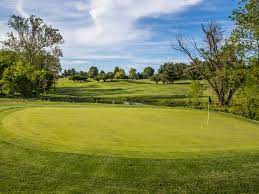
Welcome to the Prince William Golf Course, one of the area's most historic and golfer-friendly courses. Regardless of skill level or age, Prince William has a program designed to fit your junior golfer’s needs. PGA Golf Professional Scott King has years of success working junior golfers from beginners to college golfers. Scott was a Division 1 Golf Coach for over 20 years and was the Director of the US Kids Mid-Atlantic Tour for over 10 years. Click here for more information on PGA Junior Golf Camps at Prince William Golf Course.
Camps instructed by



